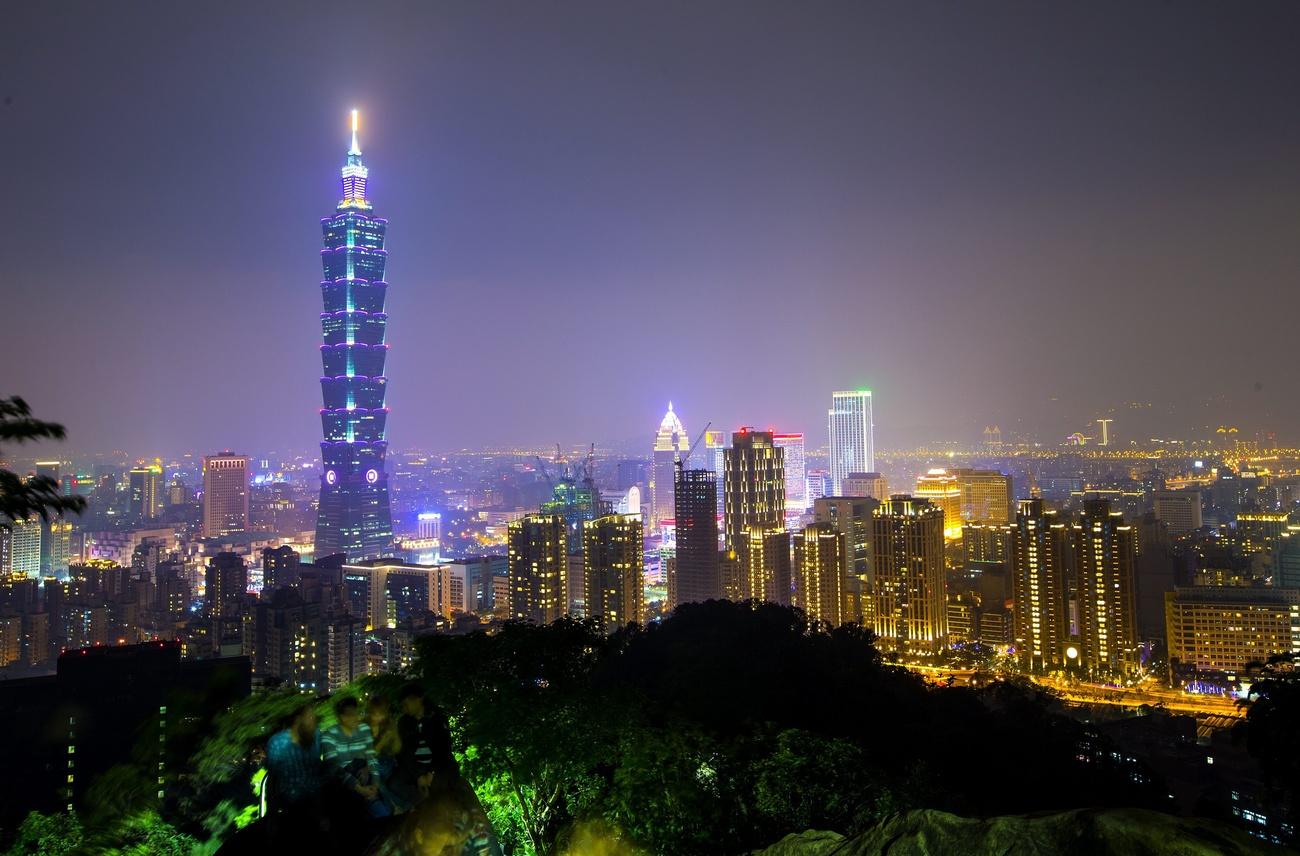Taiwanese secret: how the island is becoming a democratic poster child

An overview of the latest Swiss and international democracy news from our direct democracy reporters.
There’s no shortage of democracy news these days.
You’ve probably heard of Donald Trump – he’s now facing impeachment charges, for allegedly using state policy towards Ukraine for personal means.
You’ve probably also heard of Boris Johnson, and Brexit, which this week took another twist as the PM’s decision to prorogue parliament was overturned by a British court.
Have you heard of the Global Forum on Modern Direct DemocracyExternal link? The annual event, which moves to a different country each year, brings together experts and activists to discuss the latest developments and prospects for direct democracy.
Bruno Kaufmann is there – in Taiwan – for the 2019 edition, which he’s helping to run. Here’s what he’s looking out for:
“With all public eyes currently directed on the former British colony Hong Kong, struggling for its limited constitutional freedoms, the story of how strong and vibrant democracy has developed just off Chinese shores is little known.
Citizens in Taiwan have been instrumental in building one of the most participatory and direct democratic governance systems worldwide. As the Global Forum moves in for a week, bringing more than 500 democracy experts, reporters and supporters from all continents to this beautiful West-Pacific island, I’ll be looking for lessons to be learnt from Taiwan, but also lessons from other countries helping the Taiwanese to become even more democratic.
And as Beijing continues to push its agenda not only in Hongkong but also in Taiwan, the democratic path of this country of 23 million people is becoming a truly global affair”.

Poll: how useful are polls?
In Switzerland, meanwhile, it’s been busy in Parliament, where topics including a new CO2 law (making buildings greener, possibly hiking fuel prices) and tobacco regulations are keeping deputies busy in the run-up to elections on October 20.
As for these elections – which come around every four years – the polls are still saying what they said earlier this year: the right-wing People’s Party will remain the biggest group, but they will lose out a bit (3% or so) with the Greens set to pick up the crumbs.
Other parties are set to remain fairly stable.
So that’s that? Well, who knows? With the unpredictability of many elections in recent years, and – more importantly – the failure of opinion polls to accurately forecast the results (Brexit, Trump, Australia), the role of pollsters in democracies has been sometimes disputedExternal link.
Questions like how to ensure a representative sample of the population, on the methodology side, and whether such polls influence voters towards a certain direction, on the other, are important in a time when big data and public opinion (which sociologist Pierre Bourdieu claimed “doesn’t existExternal link”) are closely interrelated.
So, in advance of me writing an article on the (murky? staid?) world of Swiss public opinion survey makers, I want your opinion: what do you think about polls? Do you participate in them? Do you trust them? Send me your thoughts.
In the meantime, check out our direct democracy page for a round-up of all the most recent news and initiatives in Switzerland.
We’ll be in touch again in a couple of weeks with a round-up from the Global Forum.
Until then,
Domhnall and Bruno

In compliance with the JTI standards
More: SWI swissinfo.ch certified by the Journalism Trust Initiative


You can find an overview of ongoing debates with our journalists here. Please join us!
If you want to start a conversation about a topic raised in this article or want to report factual errors, email us at english@swissinfo.ch.